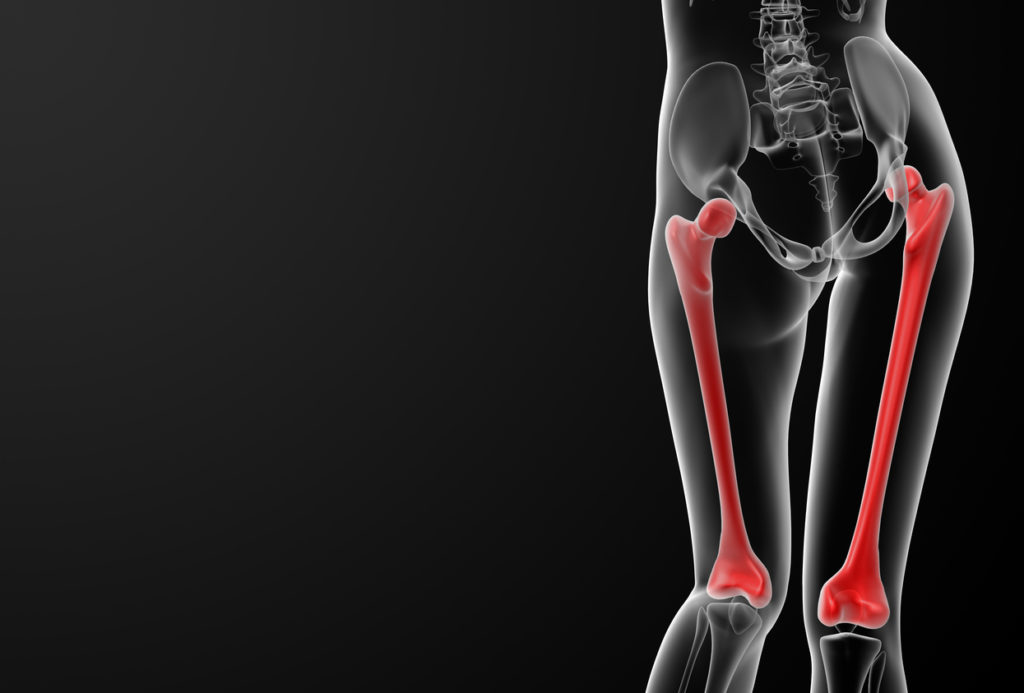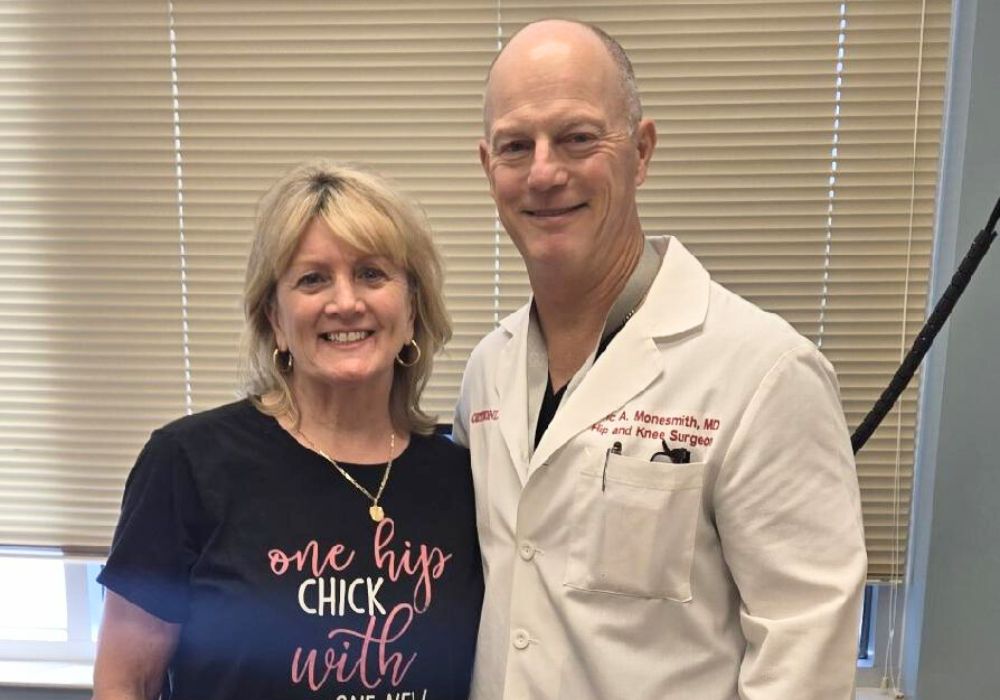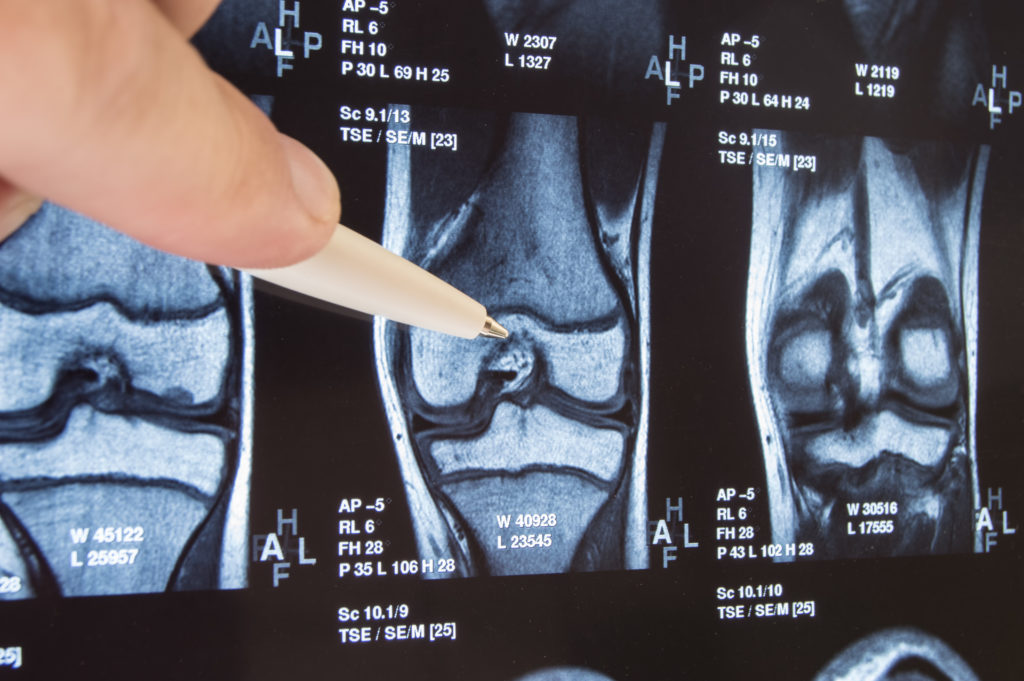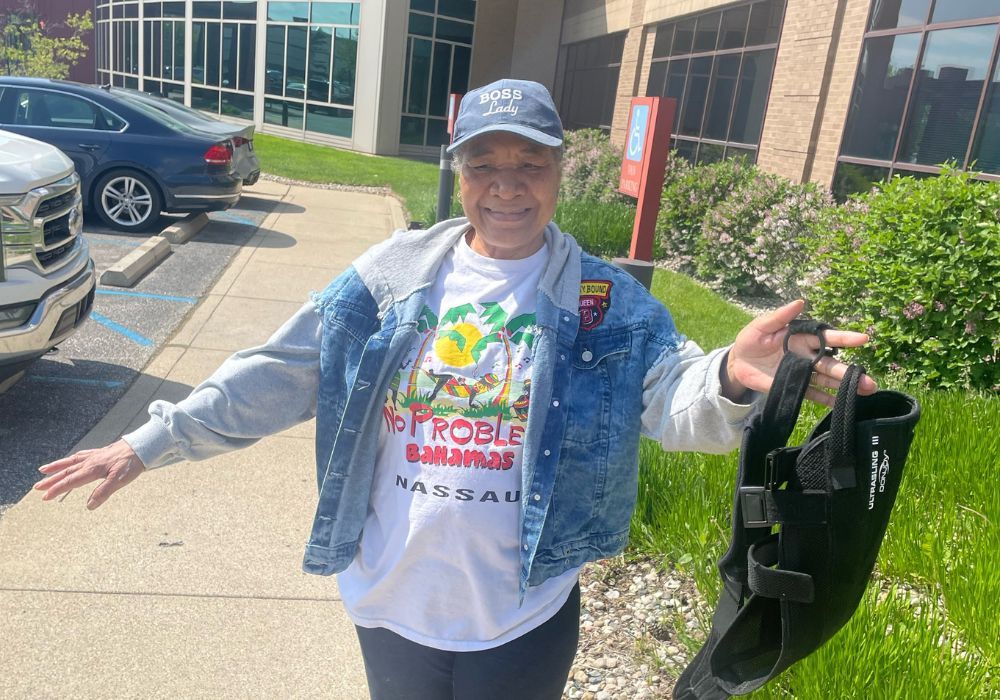Dr. Eric Monesmith, OrthoIndy total joint specialist, explains how to avoid surgery with non-operative alternatives for the knee and hip.
Osteoarthritis (OA) of the knee and hip is a very common condition. The causes of OA are multifactorial and include genetics, trauma, overuse injuries from high impact sports, advanced age, obesity and even post-surgical issues can be a factor. The common denominator is a pathway that leads to the degradation of articular cartilage, followed by pain, stiffness and diminished functional status. In advanced stages, OA can be quite disabling and is a leading cause of missed workdays and disability in our country.
Treatment for OA has both non-operative and operative avenues. Today I would like to discuss how you might avoid or at least delay surgery. Surgery for osteoarthritis is very successful, but most people would rather avoid major surgery if they can.
What are non-surgical options for osteoarthritis?
Medication
The mainstay of therapy for osteoarthritis is a class of medicines called non-steroidal anti-inflammatory drugs or NSAID’s for short. NSAID’s include such common over the counter drugs as Aleve and Ibuprofen, but there are many prescription NSAID’s as well, including Meloxicam, Celebrex, Relafen, etc.
This class of medicines blocks the inflammatory pain mediators at the level of the joint, can help reduce pain and swelling and improve function. Potential side effects include gastrointestinal upset and kidney and liver impairment. Also, these medicines can interact with many common blood pressure medications.
Another type of treatment involves using natural supplements to reduce inflammation, potentially improve joint homeostasis and reduce pain. These include fish-based Omega-3, Glucosamine/Chondroitin, Hyaluronic Acid and certain spices like Turmeric. The scientific evidence for these is not nearly as strong as for NSAID’s, but they have essentially no risk and some evidence does exist for their efficacy, especially in reducing overall inflammation.
Exercise
I also believe muscle strengthening is incredibly important. Strengthening the muscles around the hip girdle for hip osteoarthritis or the quadriceps for knee osteoarthritis, can improve function and reduce symptoms of pain.
Strong muscles can support an otherwise arthritic joint, and still allow one to function at a reasonably high level. Muscle strengthening is often overlooked. Gentle stretching can also help improve function. Isometric exercises can be done early, and as strength improves, other exercises can be added as symptoms allow. Avoid high impact activities, such as running, jumping, etc.
Diet
Finally, obesity, or simply being overweight, can significantly and negatively impact our joints. Articular cartilage is only a few millimeters thick and is a biologic miracle. We have not yet been able to replicate it, grow and replant it effectively, or stimulate the body to grow it in any fashion that is durable. With this in mind, it becomes easy to see how carrying a bunch of extra weight around is detrimental to the cartilage.
Every step we take is three times our body weight through our knees. An extra 40 pounds of body weight means 120 pounds of force per step, times millions of steps per year. The less understood impact is the inflammatory effect that extra fat has on our bodies. That extra fat leads to an increased inflammatory state in our bodies, which basically makes any pain that we have worse.
Please see my previous blog post on the Paleo diet to learn more about nutrition and weight loss.
What’s on the horizon for treatment?
You may have heard about the use of “stem cell” therapies to treat orthopedic conditions. Many people are researching “stem cell” therapies online to learn how it can improve function and eliminate pain and ultimately help delay the need for joint replacement surgery.
It’s important to note that the term “stem cells” is not approved by the Food and Drug Administration (FDA) and you should be leery of medical practices that claim they do “stem cell” injections.
Arthritis is here to stay, but the good news is that for those who are dedicated and willing to work at it, non-surgical therapies can help alleviate symptoms, allow reasonably good function and delay surgery for quite some time.
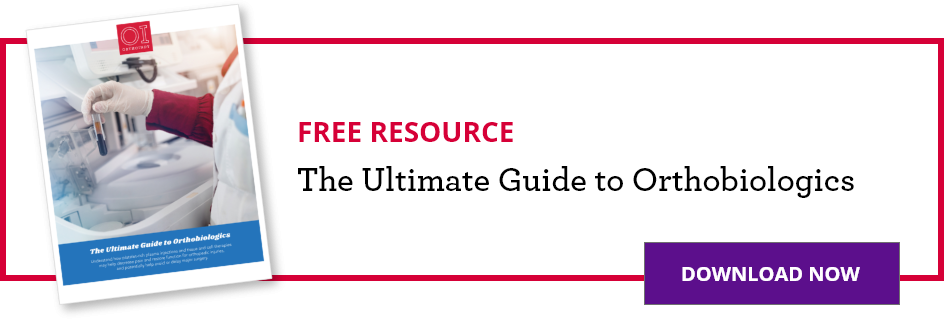
To schedule an appointment with Dr. Monesmith, please call 317.884.5166 or get more healthy tips for living an active lifestyle.
Schedule an appointment
Your well-being is important to us. Click the button below or call us to schedule an appointment with one of our orthopedic specialists. If your injury or condition is recent, you can walk right into one of our OrthoIndy Urgent Care locations for immediate care. For rehabilitation and physical therapy, no referral is needed to see one of our physical therapists.


